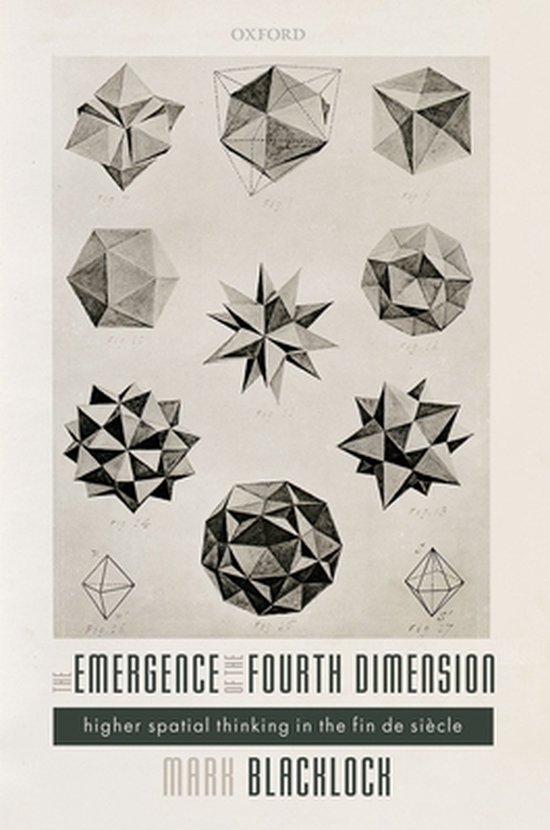
The Emergence of the Fourth Dimension
This volume examines the emergence of the idea of the fourth dimension in fiction of the fin de siècle and how these new theories of the possibilities of time and space influenced writers such as Joseph Conrad, Ford Madox Ford, H.G. Wells, Henry James, H. P. Lovecraft, and others.
The Emergence of the Fourth Dimension describes the development and proliferation of the idea of higher dimensional space in the late nineteenth- and early twentieth-centuries. An idea from mathematics that was appropriated by occultist thought, it emerged in the fin de siècle as a staple of genre fiction and influenced a number of important Modernist writers and artists. Providing a context for thinking of space in dimensional terms, the volume describes an active interplay between self-fashioning disciplines and a key moment in the popularisation of science. It offers new research into spiritualism and the Theosophical Society and studies a series of curious hybrid texts. Examining works by Joseph Conrad, Ford Madox Ford, H.G. Wells, Henry James, H. P. Lovecraft, and others, the volume explores how new theories of the possibilities of time and space influenced fiction writers of the period, and how literature shaped, and was in turn shaped by, the reconfiguration of imaginative space occasioned by the n-dimensional turn. A timely study of the interplay between philosophy, literature, culture, and mathematics, it offers a rich resource for readers interested in nineteenth century literature, Modernist studies, science fiction, and gothic scholarship.
The Emergence of the Fourth Dimension describes the development and proliferation of the idea of higher dimensional space in the late nineteenth- and early twentieth-centuries. An idea from mathematics that was appropriated by occultist thought, it emerged in the fin de siècle as a staple of genre fiction and influenced a number of important Modernist writers and artists. Providing a context for thinking of space in dimensional terms, the volume describes an active interplay between self-fashioning disciplines and a key moment in the popularisation of science. It offers new research into spiritualism and the Theosophical Society and studies a series of curious hybrid texts. Examining works by Joseph Conrad, Ford Madox Ford, H.G. Wells, Henry James, H. P. Lovecraft, and others, the volume explores how new theories of the possibilities of time and space influenced fiction writers of the period, and how literature shaped, and was in turn shaped by, the reconfiguration of imaginative space occasioned by the n-dimensional turn. A timely study of the interplay between philosophy, literature, culture, and mathematics, it offers a rich resource for readers interested in nineteenth century literature, Modernist studies, science fiction, and gothic scholarship.
| Auteur | | Mark Blacklock |
| Taal | | Engels |
| Type | | Hardcover |
| Categorie | | Wetenschap & Natuur |